Literacy as Liberation: Black Reading Traditions Then & Now
For Black Americans, literacy has always been more than just a skill—it’s been a form of resistance, a path to freedom, and a way to reimagine the future. In a world where schoolbooks are being censored and public education is under attack, that legacy feels more urgent than ever.
So we asked: What can the past teach us about where we go next?
Read by 4th and education advocate Toya Algarin co-hosted a Lunch & Learn to start unpacking this big question. Our featured speaker, Ismael Jimenez—educator, father, husband, historian, and unapologetic truth-teller—led us through a gripping and personal look at the roots of Black literacy in America. What followed was part history lesson, part call to action, and part love letter to anyone fighting to help kids fall in love with reading.
Ismael Jimenez serves as the Director of Social Studies for the School District of Philadelphia. In this Lunch & Learn, he is speaking in a personal capacity. The views expressed are his own and do not represent the official position of the District.
“I believe education is the practice of freedom. And when I say freedom, I’m not talking about George Washington’s freedom. I’m talking about Harriet Tubman’s.”
Literacy Has Always Been Political
Ismael reminded us that there was a time when Black people were legally forbidden to read. And still—they read. In church basements, under the moonlight, and in whispered lessons. Reading became a radical act of survival. It was never just about sounding out syllables. It was about claiming space and humanity.
In the 18th century, the Bray Schools were founded by the Church of England. Not to empower, but to control. Education for enslaved people was framed as a tool for obedience. But those who attended often found agency through learning. In fact, incredible leaders—like Philadelphia’s own Absalom Jones—were shaped by their time in a Bray School.
In the Jim Crow South, during the era of school segregation, Black educators risked their jobs—and their lives—to teach children the truth. They worked in hostile environments, underfunded schools, and within curricula designed to uphold white supremacy. Yet despite ideological policing and the threat of violence, these teachers found ways to share knowledge and resources that uplifted Black students. They didn’t just teach children how to read, they taught them what they needed to know to imagine and build the future they deserved.
Reading is resistance.
Sarah L. Murphy teaches children in a two-room schoolhouse in Rockmart, Ga. on June 23, 1950. | AP Photo
What This Means for Right Now
As schools face mounting political pressure, book bans, and funding constraints, the Black literary tradition offers both a warning and a way forward. And not just for Black children, but for all children.
Here are a few key takeaways:
Reading has always been a tool of both control and freedom. Historically, the systems that criminalized reading for some are the same ones that now dictate which stories are told, and who is allowed to tell them. Literacy has always been political. Today is no different. But remember, even tools designed to suppress can be reclaimed to empower.
We must remember why we read. Literacy is more than a benchmark. It’s how we understand ourselves, our history, our communities, and our power to shape the future. That’s not just a truth—it’s a message we must share with families, students, educators, and our communities.
Truth-telling is risky–and necessary. Advocates who speak honestly sometimes do so at personal risk. Finding one another and building spaces to speak truth together is essential.
So what does this mean for the literacy crisis today? It means that solving it will take more than better test scores or curriculum scripts. It will take love, courage, and imagination. It will take honoring the intellectual traditions of the very communities most affected by low literacy rates. And it will take all of us seeing reading not just as a requirement—but as a revolutionary act.
Books to Add to Your Stack
Ismael shared that reading saved his life. From struggling student to advocate—his journey is a reminder that there’s always more to learn. Here are a few of the titles mentioned during this Lunch & Learn.
Fugitive Pedagogy: Carter G. Woodson and the Art of Black Teaching by Jarvis R. Givens
The Lost Education of Horace Tate: Uncovering the Hidden Heroes Who Fought for Justice in Schools by Vanessa Siddle Walker
Cultivating Genius by Dr. Gholdy Muhammad
The Falsification of Afrikan Consciousness by Amos Wilson
The Education of Blacks in the South by James D. Anderson
Learned something new? Stay connected with Ismael Jimenez by following him on social media @ishx19, and be sure to sign up for Read by 4th’s newsletter so you never miss a Lunch & Learn. We’ve got more big ideas and bold voices in early literacy coming your way.


































